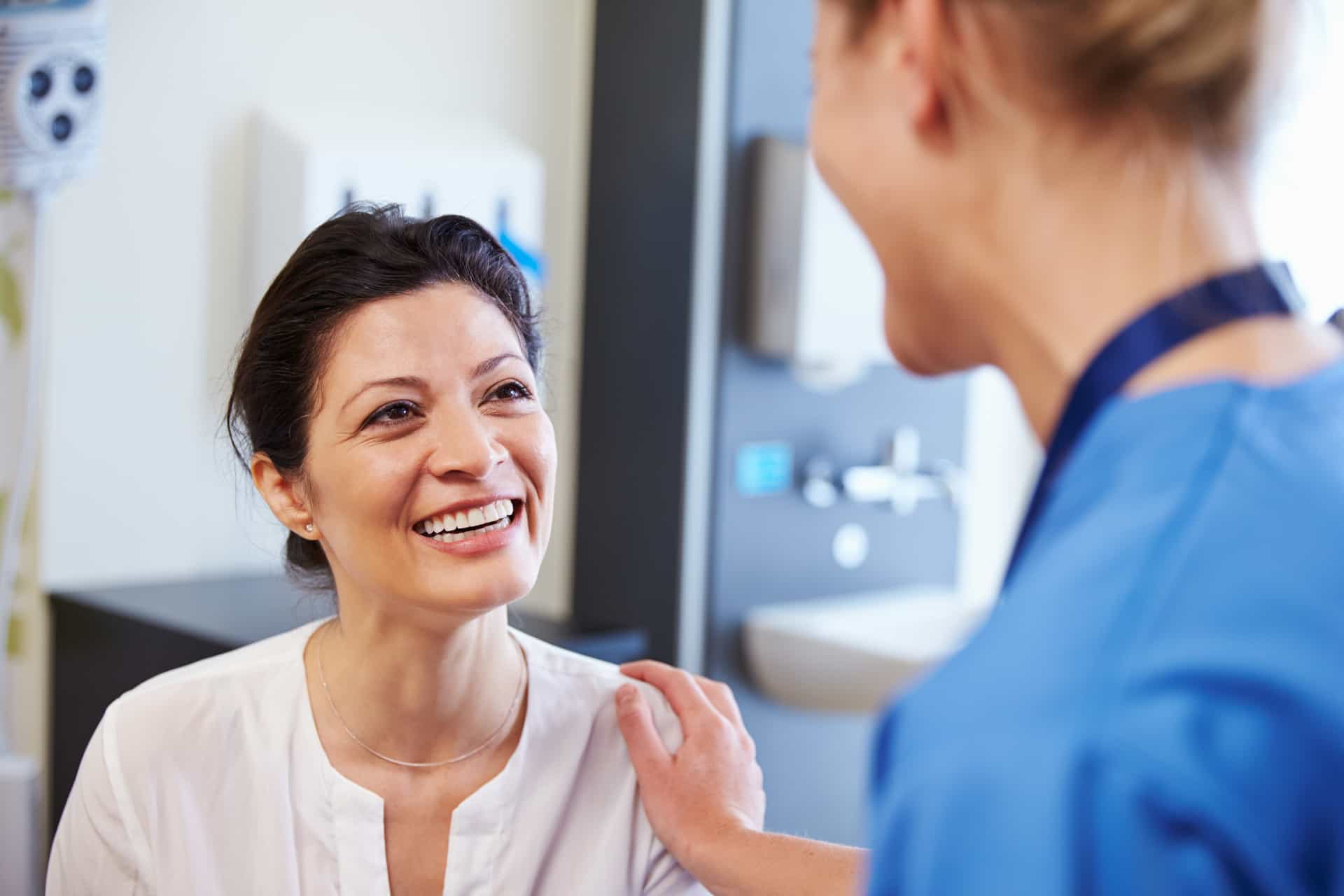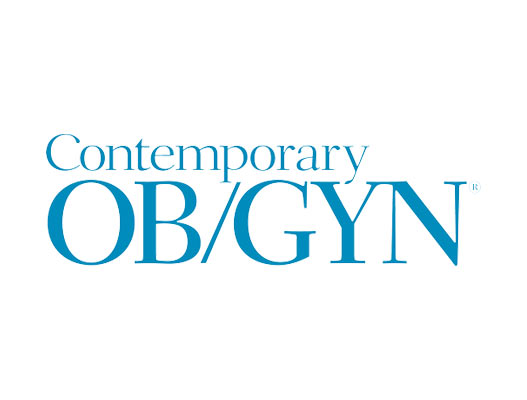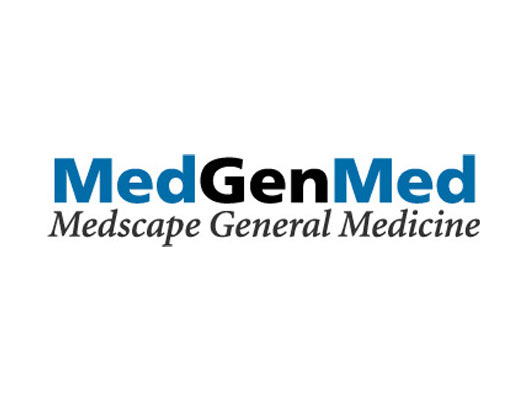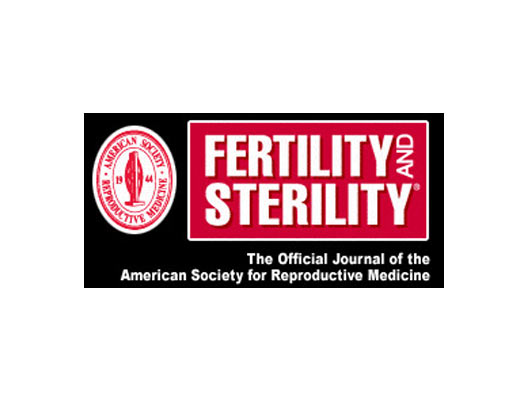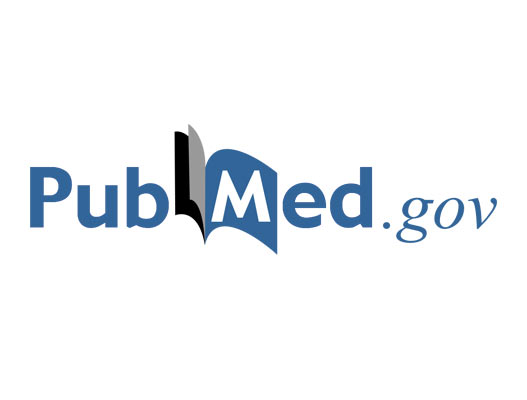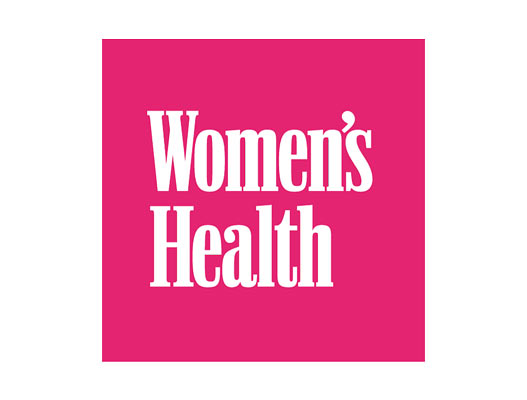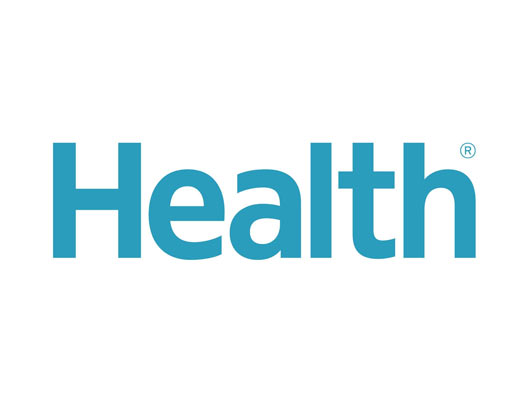Fertility Treatment Options
 Couples having trouble getting pregnant suffer frustration, even shame. Experts estimate that about 20 percent of couples will suffer from infertility, temporarily or permanently. The incidence of infertility is about equally divided between women and men. The causes of infertility are both physical and psychological. But, happily, a number of effective fertility treatments are available.
Couples having trouble getting pregnant suffer frustration, even shame. Experts estimate that about 20 percent of couples will suffer from infertility, temporarily or permanently. The incidence of infertility is about equally divided between women and men. The causes of infertility are both physical and psychological. But, happily, a number of effective fertility treatments are available.
Nature’s Way
Doctors recommend that women try for at least one year to get pregnant naturally before seeking help. Timing and observation are the keys. Fertility experts say that to get pregnant, women should have sex two or three days before they ovulate, their most fertile days.
So-called alternative fertility treatments may help some women. Claims have been made for fertility herbs, oils, massages, and diets. More research needs to be done on these types of fertility treatments. However, two alternative fertility treatments that have been researched and proven effective are acupuncture and a particular physical therapy.
When combined with conventional medical fertility treatments, acupuncture has been shown to be beneficial. It’s believed that acupuncture reduces stress hormones in the body, which interfere with conception.
A unique physical therapy procedure called the Wurn technique has proved highly effective. This hands-on fertility treatment breaks down adhesions, or scarring, one of the leading causes of infertility. This fertility treatment uses pelvic physical therapy to decrease adhesions and increase the function of reproductive organs and glands.
Many women choose natural or alternative fertility treatments because no surgery or drugs are involved. Although alternative therapies are gaining favor, most women still choose conventional fertility treatments, which, in general, do involve surgery or drugs.

Medical Interventions
Surgery to repair part of the reproductive system—in either women or men—helps in some cases. For example, surgery is used to remove fibroid tumors from the uterus or adhesions from the fallopian tubes, both common causes of infertility.
The most common fertility treatment is the administration of fertility drugs to women, either through pills or through injections. Fertility drugs help balance a woman’s hormone levels and help her body ovulate. Some fertility drugs increase the number of eggs a woman produces. This can lead to multiple births—twins, triplets, or more.
Another, more advanced, fertility treatment goes under the broad category of assisted reproductive technology (ART). ART differs from intrauterine insemination (IUI), or artificial insemination, in which only the sperm is handled. With IUI, the donor sperm is inserted into the woman’s uterus through a catheter. IUI is an in-office procedure. With ART, both sperm and eggs are manipulated.
In ART procedures, eggs from a woman’s ovaries are surgically removed, combined with sperm in a laboratory, and returned to the woman’s body. In vitro fertilization is the best-known ART procedure. Although effective, ART poses some potential problems, including low birth weight, premature delivery, and multiple births.
Given the range of fertility treatments available, women need to work with their primary care provider or obstetrician/gynecologist to find just the right fertility treatment to help them become pregnant.
Related Content:
Diet
Ectopic Pregnancy
Sexual Dysfunction
General Info
- Book Chapters: Overcome Infertility and Pain, Naturally
- How to Treat Infertility Naturally
- Everything about the Best Natural Infertility Treatments
- Fertility Treatment – The Natural Way
- Infertility Risk Factors
- What Causes Infertility in Women? (Infographic)
- [Infographic] Common Risk Factors for Infertility
- How Does Tubal Surgery Compare to Other Infertility Treatments?
- Published Pregnancy Rates With and Without Clear Passage®
- Budgets and Numbers and Bills, Oh My! – Paying for Infertility Treatment
- English Surrogacy
- Guide Through Infertility: From Diagnosis to Treatment
- Spirituality Can Help Women with Premature Ovarian Failure
- For Healthcare Providers: Women’s Health Issues and Female Infertility
Infertility: Adhesions | Blocked Fallopian Tubes | Diet | Ectopic Pregnancy | Endometriosis | FSH | Hydrosalpinx | Hysterosalpingography | Female Infertility | IVF Conditions | Ovarian Failure | PCOS | Secondary Infertility | Unexplained Fertility


